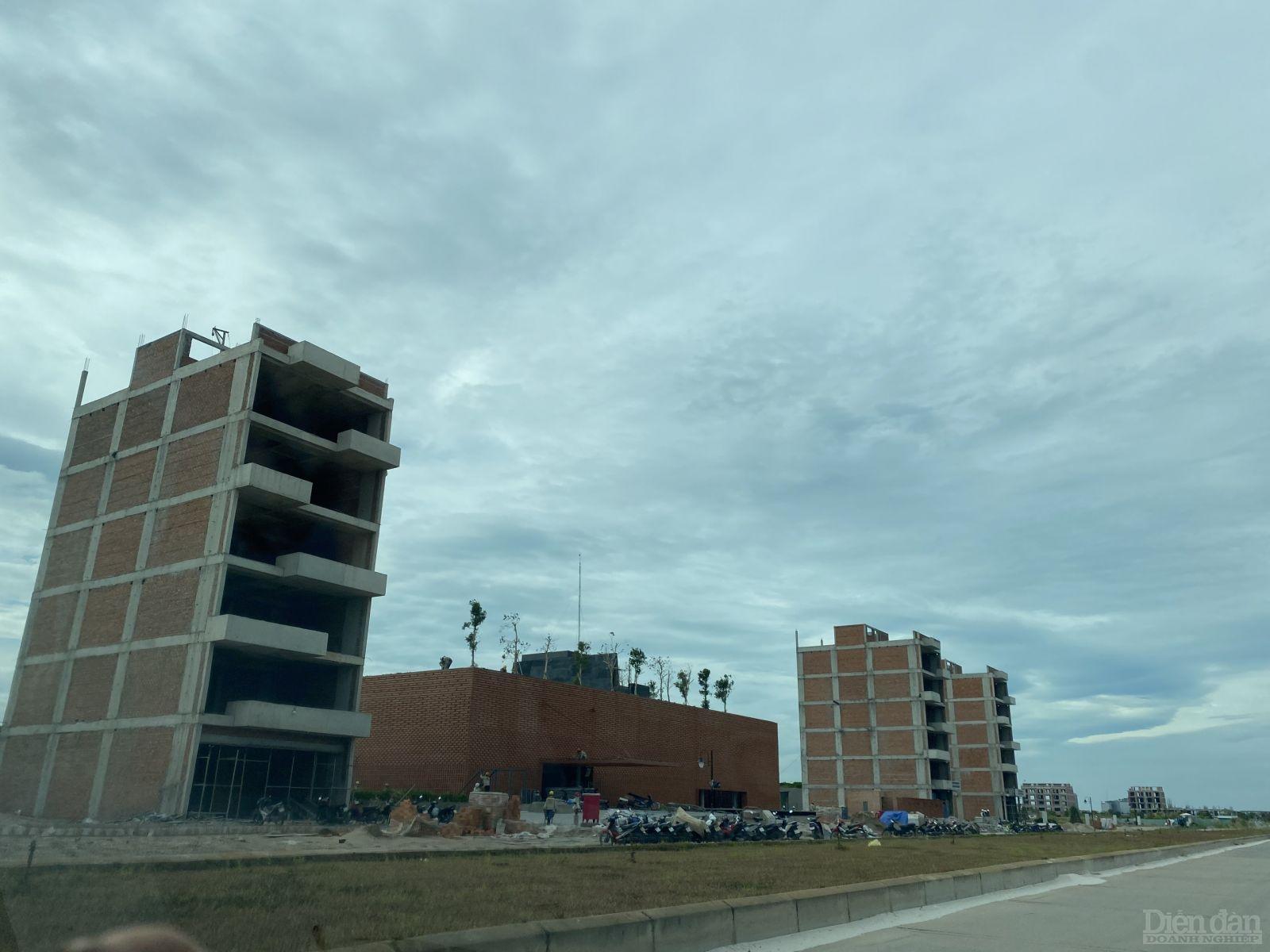Investors will not go "all in" on real estate
Positive economic growth expectations, according to Dr. Nguyen Van Dinh, Chairman of VARS, would surely lead to high demand in real estate across all categories, from apartments to office spaces for rent, factories, and retail assets.

Real estate prices are projected to climb in the foreseeable future, particularly in a situation where supply is restricted for a variety of reasons.
Transaction volume has improved
According to a recent VARS study of real estate brokers, up to 60% of those polled claimed that their customers, who are investors who have previously engaged in the real estate market, will invest in real estate if interest rates continue to fall.
Investors will be more careful in their decisions and calculations to assure safety in the face of adverse production and business conditions, with the economy ailing and capital absorption low. They will also be cautious in utilizing financial loan packages for their investments and will not put all of their eggs in these baskets. Furthermore, the majority of the polled brokers value the efforts of state management bodies and the hopeful expectations for the real estate market's recovery process.
The market is beginning to show more positive signs, especially in economically developed regions that receive attention and focus on infrastructure and transportation investments, such as Hanoi, Hai Phong, Lao Cai, Da Nang, and Ho Chi Minh City.
These outcomes are the consequence of strong collaboration between government agencies and industry. The market has begun to improve as a result of the government's and other agencies' and ministries' determined efforts to eliminate hurdles and establish a safe, healthy, and sustainable real estate market. Information regarding hundreds of projects being restarted has contributed to increased market confidence and strength, making the following month and quarter stronger than the prior ones. Although the market lacks the power to "soar," it has avoided the possibility of a "brake failure."
Transaction volume in the whole market has progressively risen over time as new items that meet people's requirements join the market. The market registered 3,700 transactions in the second quarter of 2023, a 37% increase over the 2,700 transactions in the first quarter. The market had approximately 6,000 transactions by the third quarter, which was 1.5 times the second quarter and more than double the first quarter of 2023.
More "breakthrough" policies are needed
However, the overall picture in Q3 2023 shows that the number of new transactions is only about half of what it was last year and around 20% of what it was during the peak time of the real estate craze. The reason for this is that the market continues to lack supply in the social housing and affordable housing segments, while housing prices continue to climb with little prospect of abating.

Mechanisms and strategies to boost market supply are required to guarantee that the growth cycle of markets that have reached the "bottom" fulfills expectations and to encourage the recovery process in other sectors and areas. Currently, supply is static, with just approximately 10% of projects being restarted.
Although certain significant organizations are putting more effort into constructing social housing and commercial housing projects, the real estate market in Q4 2023 will find it difficult to witness a revolutionary shift in the short term since supply cannot create a "breakthrough" yet. The projects require a significant amount of time to implement and fulfill the selling requirements. In comparison to demand, the number of social housing projects to be developed in the foreseeable future is still quite limit ed.
Even if the one million social housing units plan is completely executed, the supply of social housing will fall short of meeting demand. Meanwhile, the process of implementing, building, and selling social housing projects continues to encounter several challenges, ranging from legal processes to rules and purchasing conditions, as well as situations qualified for policy advantages.
Housing policy must be inclusive to all socioeconomic classes. Beneficiaries of social housing initiatives must be subject to more stringent rules. Social housing should not be offered to the rich, but rather to people with taxable income and savings who cannot afford commercial property at present exorbitant prices.








